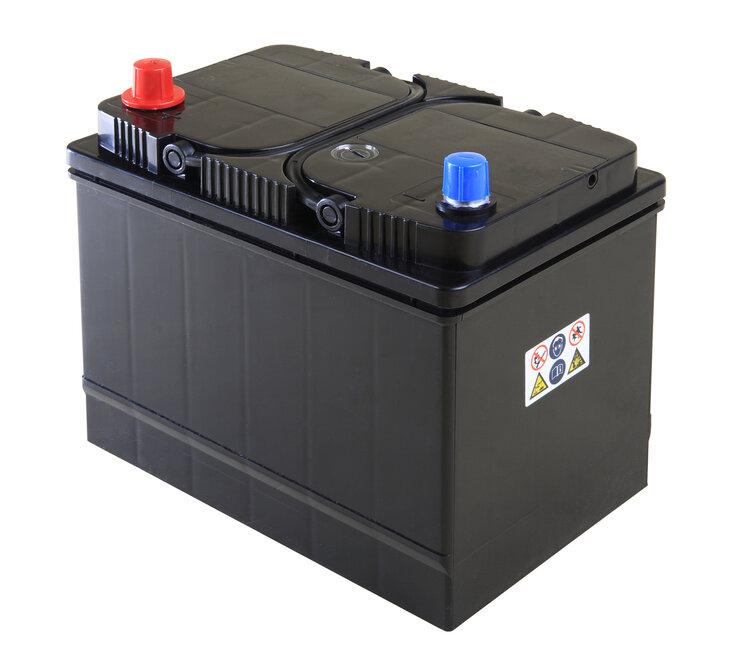All batteries have a limited life, but some conditions can shorten that life
With growing uncertainty about whether kids will be physically going to school, and some school districts around Ohio already announcing that they are going ‘virtual only’ in the Fall, some bus fleets in our state might be mothballed for an extended period of time.
In an effort to help and way we can, we will be publishing a number of articles to help ensure that when the buses need to roll, they will be ready. The first of these will be a three part series on Battery Maintenance.
All batteries have a limited life, but some conditions can shorten that life considerably. To ensure long battery life, avoid the following battery killing situations.
-
Electrolyte Level: A low electrolyte level exposes active material, and any sulphate hardens and resists chemical action. Loss of electrolyte may be caused by a cracked case, poor maintenance (not adding water when needed) or severe overcharging, which causes high internal heat and excessive gassing. Too much electrolyte is just as bad. Overfilling dilutes the electrolyte and spillage may corrode battery terminals
-
Corrosion: Spilled electrolyte and condensation from gassing may cause corrosion on terminals, connectors, and metal hold-downs/carriers. Such corrosion increases electrical resistance, which reduces available voltage and charging effectiveness. It may also create a current leakage path to allow self-discharge
-
Cycling: Repeated cycling, from fully charged to fully discharged and back, may cause loss of active material from the positive plates. This reduces battery capacity and useful life
-
Overcharging: Overcharging by the vehicle’s charging system or separate battery charger causes excessive gassing and high internal heat. Too much gassing can wash active materials off the plates, as well as cause excessive water usage. Too much heat can oxidize the positive plate material and warp the plates
-
Undercharging: A faulty charging system will not maintain the battery at full charge. Severe undercharging allows sulphate on the plates to become hard and impossible to remove by normal charging. The weak electrolyte freezes easier. The undercharged battery may fail to crank the engine
-
Vibration: A battery must be mounted securely. Vibration can loosen connections, crack the case, damage internal components and cause explosion

